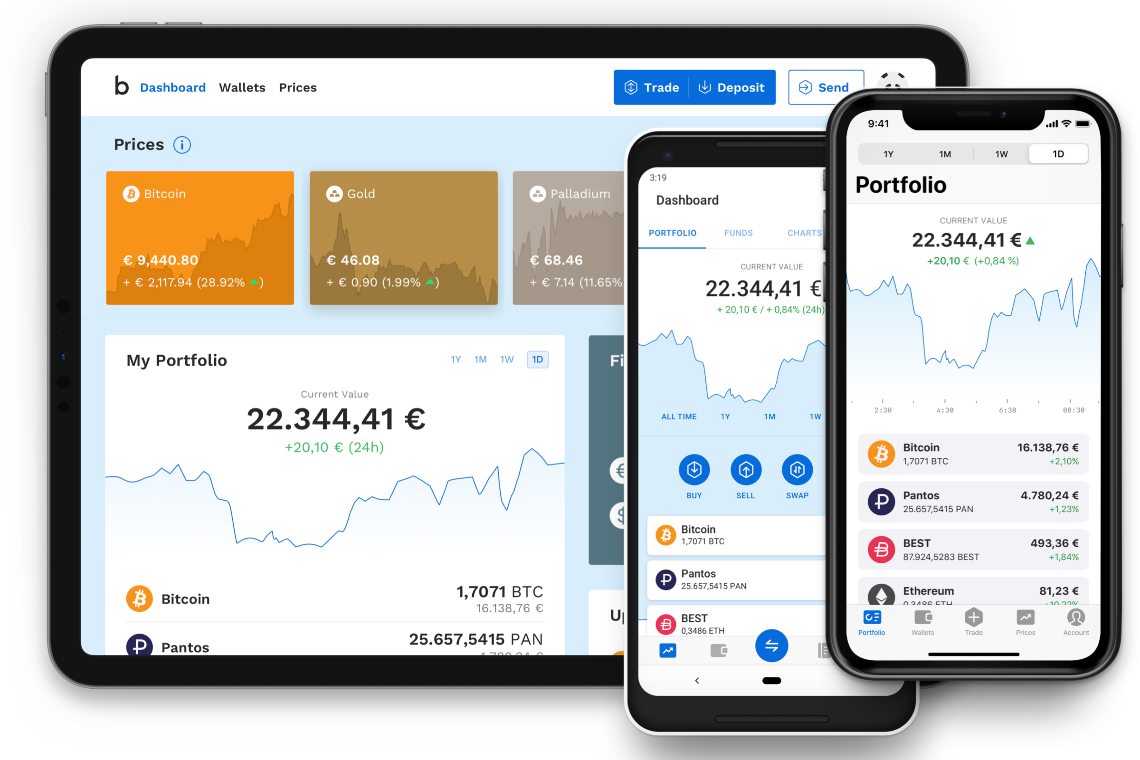The Austrian crypto exchange can now offer custody and proprietary trading services to customers in the European country.
Austrian exchange Bitpanda has obtained a crypto license in Germany through its local unit, the company said Tuesday.
With the license from the German Federal Financial Supervisory Authority (BaFin), Bitpanda Asset Management GmbH can independently offer crypto custody, as well as proprietary trading for crypto assets for German residents, the company said in a press release.
“Additionally, Bitpanda will be able to maintain an order book and directly market services for crypto assets, enabling them to provide a secure and regulated environment for German customers to invest in a wide range of cryptocurrencies,” the company said.
Regulators worldwide are closely watching the crypto industry as it reels from its latest upset – the fall of crypto exchange giant FTX. Germany is a member of the European Union, which recently finalized its comprehensive framework for supervising crypto issuers and service providers looking to operate in the any of the 27 member states of the trade bloc.
Since FTX filed for bankruptcy in the U.S., Stefan Berger, the German lawmaker who was in charge of shepherding the draft legislation through the European Parliament, has said the EU’s Markets in Crypto Assets (MiCA), should be the global standard for crypto regulation.
But MiCA won’t take effect until at least 2024, and EU countries like Germany and France are continuing to issue local regulatory licenses – although the latter has said it will start winding down the local regime in preparation for MiCA.
Bitpanda, which became Austria’s first fintech unicorn last year, has received regulatory approval in a number of European countries including Austria, France, Italy, Spain, the U.K., Czech Republic and Sweden.
The German license was months in the making, Bitpanda co-founder and CEO Eric Demuth said in a statement to the press.
“That means being regulated and it means a strict separation of customer and company assets, which is sadly not the case everywhere these days,” Demuth said, seemingly referring to reports that say FTX misused customer funds for conducting risky trades.
